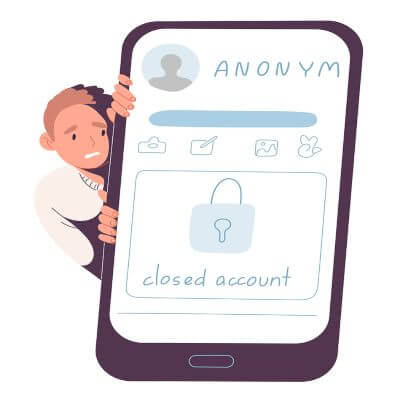
Question:
My credit card account was closed 6 years ago. After it was closed I paid a reduced payment at the request of the credit card company and never missed a payment. But unbeknownst to me, they closed my other account. I can no longer make purchases, but I technically still have an account with them.
When I asked to have it opened back up, they said there was nothing that could be done once it was closed. I have a small balance left but will have it paid off very soon. Is it hurting my credit score now?
Dear Reader,
Unfortunately creditors can close a credit card account without a user’s permission for many reasons, and the closure is likely to hurt your scores. Both the account closure and the circumstances of the closure can hurt your credit.
Generally, accounts are closed if there’s prolonged inactivity, overspending, or a history of missed or late payments. The creditor is also likely to close the account if you’re participating in a hardship program or payment plan, which seems to be your case.
Once your credit card is closed, you can no longer use that credit card, but you are still responsible for paying any balance you owe to the creditor. In most situations, creditors will not reopen closed accounts. When it comes to the impact on your credit, here’s what you should know:
How do closed accounts impact your credit reports?
Closing a credit card can impact your credit reports and hurt your credit score in a few different ways, but fortunately the damage is less severe over time.
Higher credit utilization ratio
Your credit utilization ratio is the second most important factor that weighs into your credit scores. This ratio looks at how much you owe on your credit card accounts compared to how much credit you have available, and the less you owe the better.
When you have an account closed, you no longer have any credit available on the account. If you still owe a balance, your credit utilization ratio on the account surpasses 100%, which can cause your scores to drop.
Recent negative marks
The effect of a closed credit card account—or any other negative mark on your credit report—lessens over time. If your account was closed six years ago, the worst of it is far behind you. The closed account will no longer impact you after it is removed from your credit cards, which will likely happen seven years from the last missed payment on the account.
However, your past missed payments, along with the remaining balance, are still affecting your credit utilization ratio in the meantime. So if your goal is to improve your credit quickly, it’s a good idea to pay the remaining balance and move forward with a plan to rebuild your credit.
Five tips for rebuilding your credit
Each person’s credit reports contain unique information, but there are steps anyone can take to make improvements. Each of the following are essential to creating good credit history and improving your scores.
1. Practice healthy credit habits
The following habits are essential in determining your credit scores, so they’re a major part of building and maintaining good credit:
- Make all debt payments on time.
- Keep your credit utilization low.
- Open and close credit accounts sparingly.
2. Add positive information to your credit reports
Ultimately, the strategy for rebuilding your credit profile after an account closure will depend on your current circumstances. For instance, do you have any other credit cards open? If so, use them sparingly and try to pay off your full balance each month.
If not, consider opening a secured account to help you establish a positive credit history until you can get a regular credit card. You can also build your credit scores by having a loved one add you to their credit card as an authorized user . Just make sure the account is in good standing first.
3. Review your credit reports
Checking your credit reports can help you discover areas that require attention, such as accounts you haven’t managed properly, errors that need to be disputed or signs of identity theft. You can get a free copy of each of your credit reports—from Equifax, Experian and TransUnion—once a week through AnnualCreditReport.com.
4. Review your credit scores
Unlike credit reports, you can’t typically see your credit scores for free. You may, however, have complimentary access to one of your scores through your credit card company or your bank. If not, you can use FICO’s Free Scores Estimator to get a good idea of what range your scores are in.
5. Get Professional Support
Sometimes, making sense of a credit setback and figuring out how to improve your scores can be daunting, But you’re not alone. The NFCC has a vast library of free credit information and resources, including certified financial counselors who can meet with you online or over the phone to offer professional, personalized advice.
Sincerely,
Bruce McClary, Vice President of Communications

